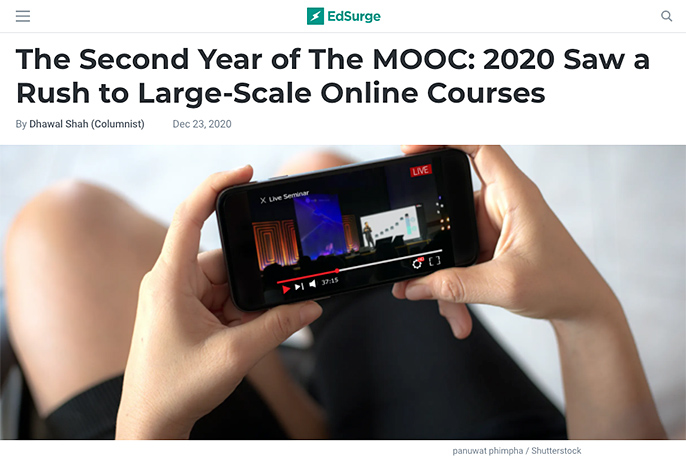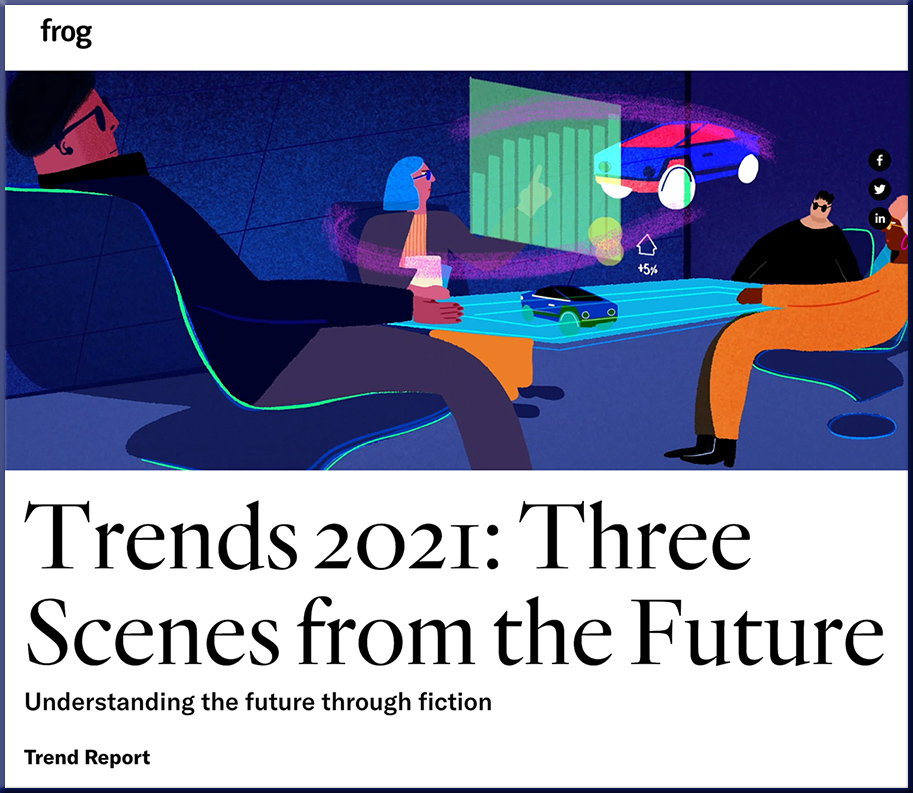Nearly three-quarters of pandemic affected parents feel students should learn subjects they’re passionate about, not those of little interest — from newswire.ca by Unschooling School
Excerpt:
TORONTO, Feb. 1, 2021 /CNW/ – A nation-wide survey of Canadian parents released today finds that nearly three in four of them (73%) believe the education system today would be better for students if it were structured to give them more choice and time to just learn those subjects and topics, they are either excited or passionate about.
Also, more than two-thirds (67%) want a school reset, so students learn more of the subject areas they’re passionate about and not those of little interest to them.
From DSC:
I feel the same way about many K12 systems here in the United States. Our youngest daughter — who has been studying at home this past year — has so much more energy and passion when we give her more agency to do the things that *she* wants to do and to learn about the things that *she* wants to learn about.
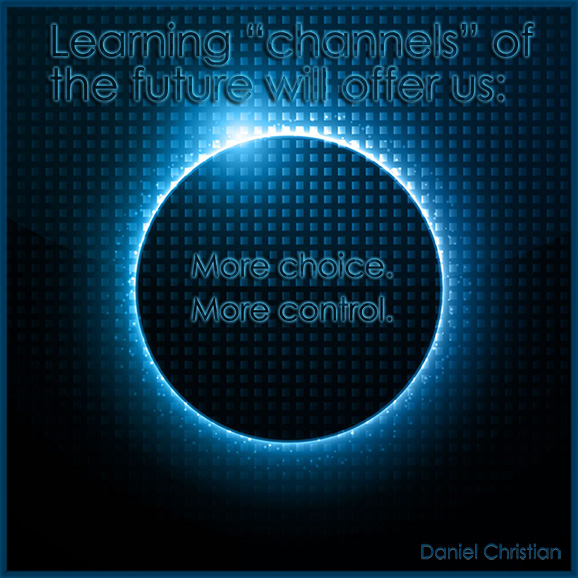
And readers of this blog know that I’m all about the love of learning (or even liking it better), seeing as we all need to be lifelong learners these days.
The more we enjoy learning = The better, more fulfilling, enjoyable that our lives will be! (Not to mention how much more productive we’ll be as well.)









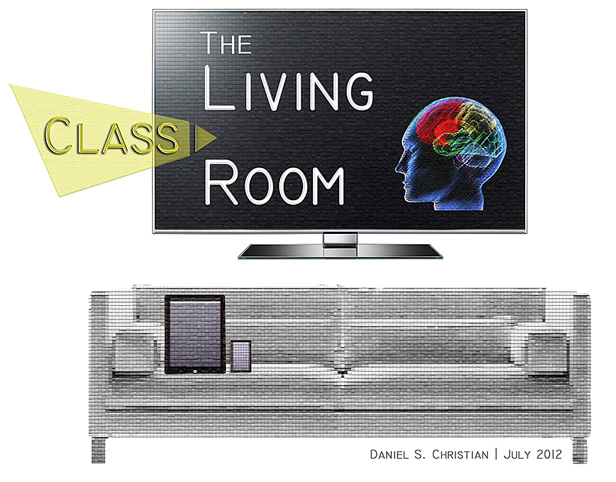
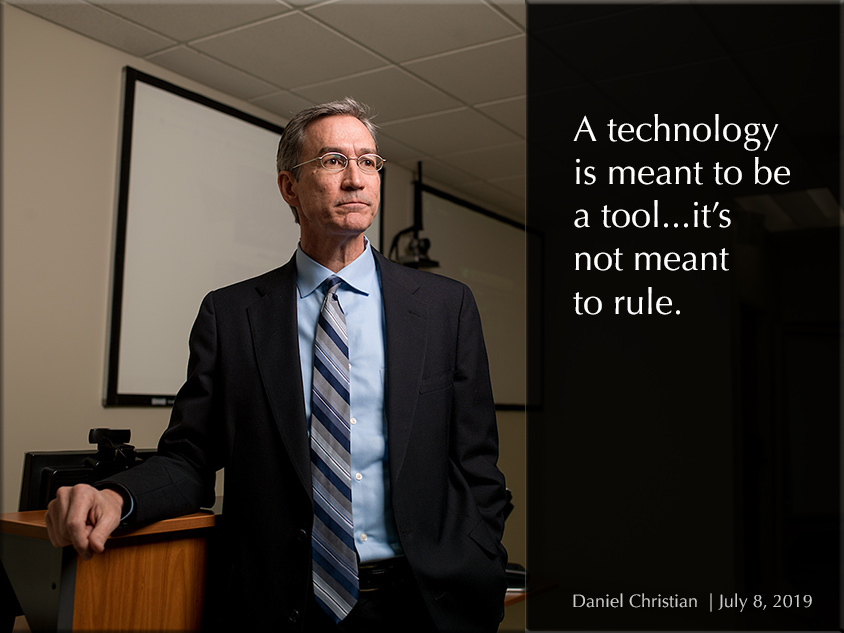

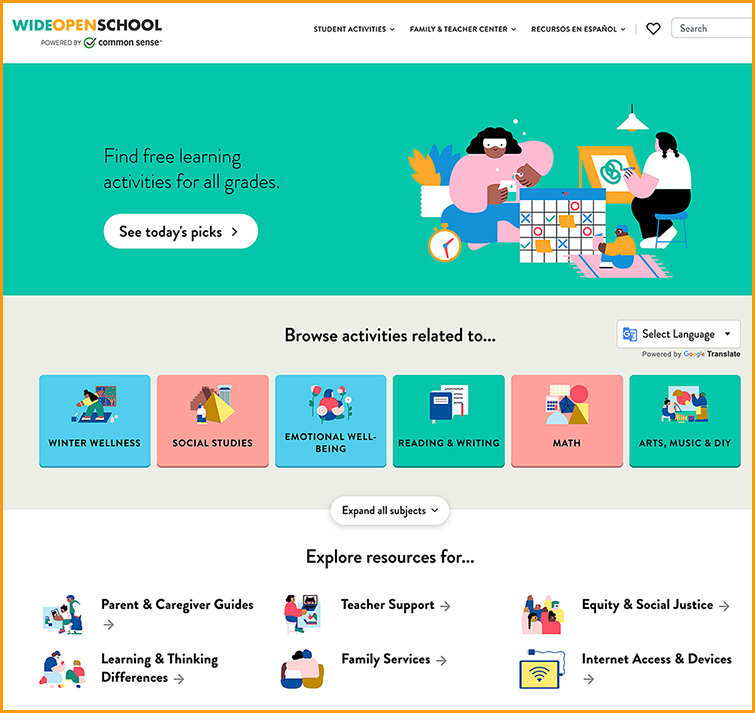
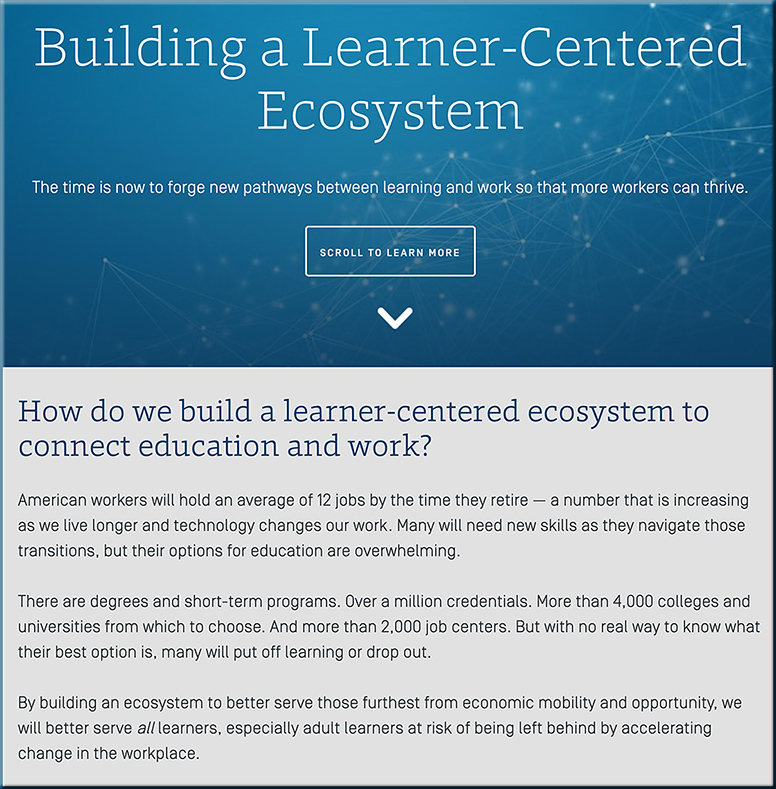
![The Year TV Leaped Into The Future [Roettgers]](http://danielschristian.com/learning-ecosystems/wp-content/uploads/2020/12/BigTrendsStreaming-2020-Janko-Roettgers.jpg)
